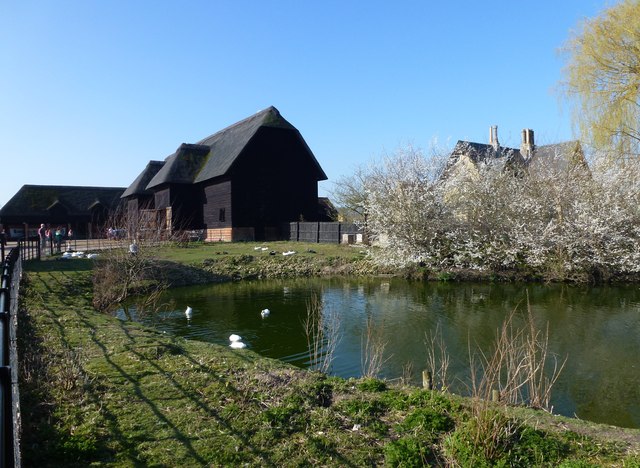The report sets out a detailed range of options and advises on strategies for implementation. The key points are:
- Increasing UK forestry cover from 13% to at least 17% by 2050 by planting around 30,000 hectares (90 – 120 million trees) of broadleaf and conifer woodland each year.
- Encouraging low-carbon farming through incentives. This ties in with the Agriculture Bill, which was reintroduced to Parliament this month and would see farmers and land managers rewarded financially for work that delivers benefits such as improving air and water quality, boosting soil health and mitigating/ adapting for flooding.
*The most sustainable farming techniques and the role land can play in mitigating and adapting to climate change will be the focus of a Fit for the Future event this April at National Trust’s Wimpole Home Farm, where the three core objectives are productivity, promoting biodiversity and mitigating the effects of climate change.

- Restoring at least 50% of upland peat and 25% of lowland peat in order to sequester carbon, with a recommended ban on peat extraction and burning of peatland by 2023
- Encourage bioenergy crops and biomass generation facilities through government-funded loans, specifically encourage the planting of UK energy crops to around 23,000 hectares each year whilst avoiding the biodiversity loss attributed to monoculture farming
- Reduce the 13.6 million tonnes of food waste produced annually by 20%
- Reduce consumption of the most carbon-intensive foods –beef, lamb and dairy - by at least 20% per person

Achieving these ambitions requires a coordinated approach, led by Government throughout the UK but including businesses and organisations, supply chains and individuals. The key policy recommendations are outlined in this infographic.
These recommendations mirror the work already being undertaken by many of the organisations in the network, including National Trust’s recent net zero announcement.
Our network is all about sharing the best ideas and collaborating to move towards a net zero pathway together. Join us and become part of a UK-wide support network of environmental practitioners.